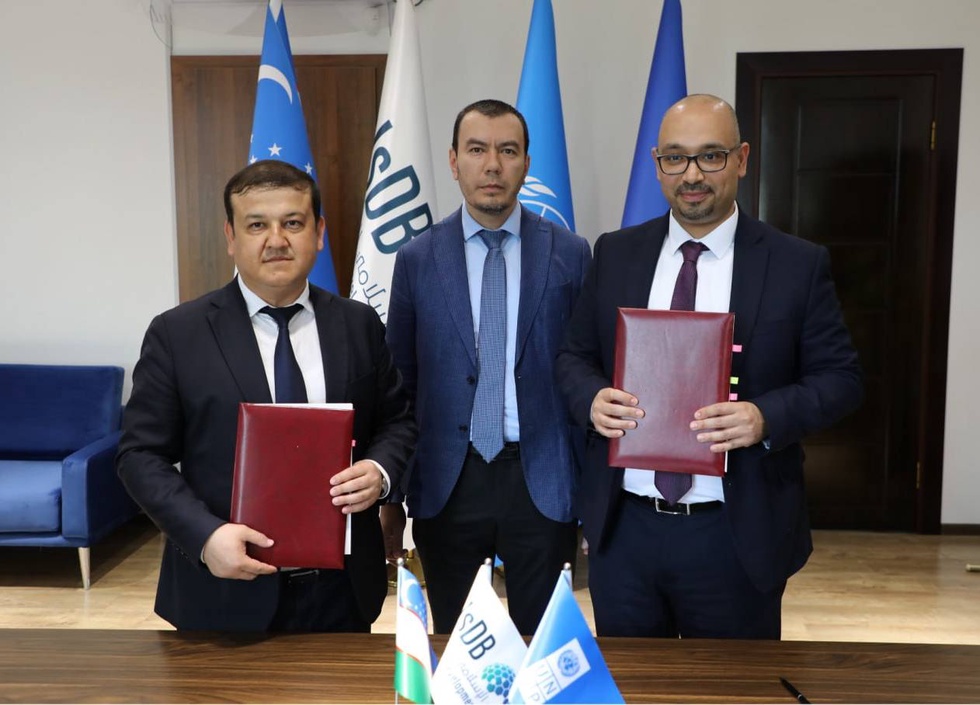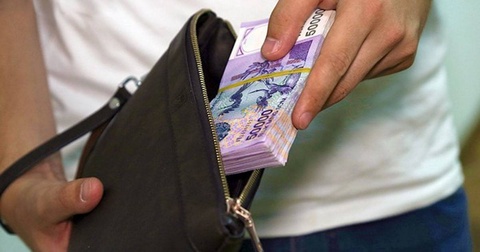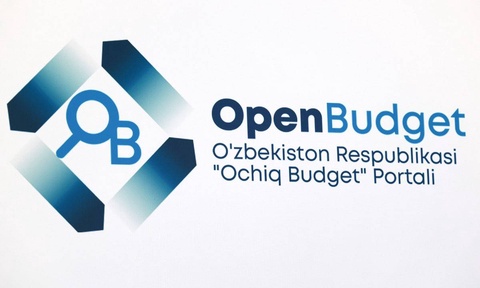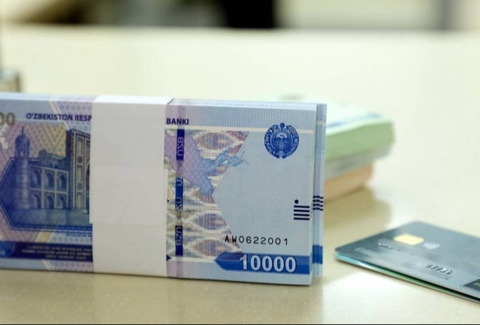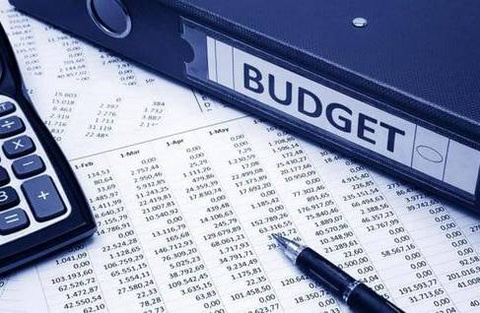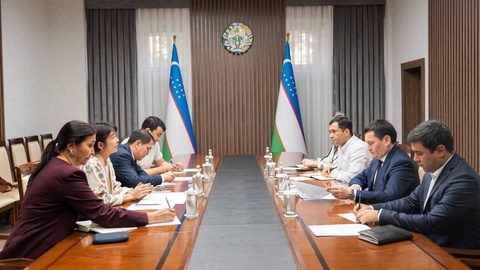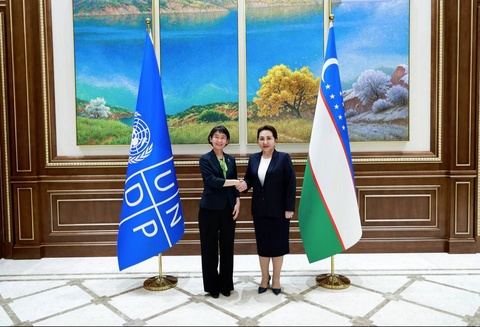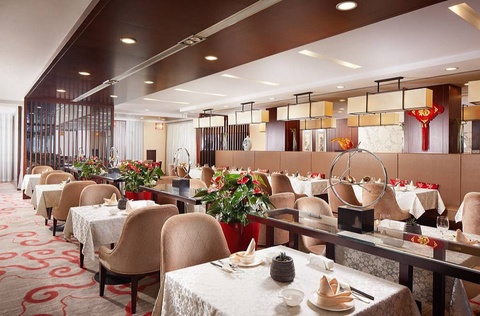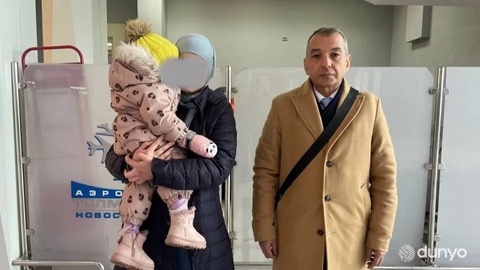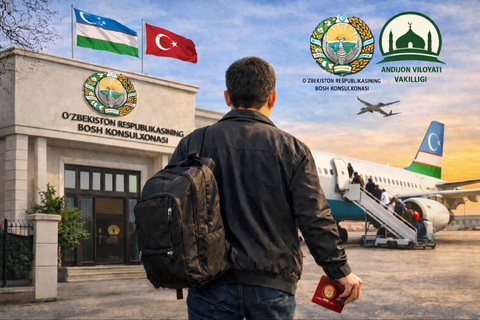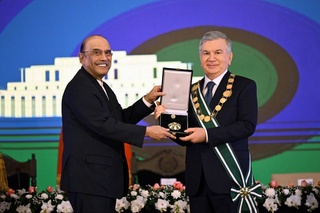On March 28 of this year, a decree was adopted by the President of the Republic of Uzbekistan on the beginning of the second stage of the project "Integrated rural development" aimed at socio-economic improvement of the life of the population in remote areas of our country.
In order to implement the tasks, set, the Ministry of Economy and Finance and the United Nations Development Program, with the financial support of the Islamic Development Bank (IDB), are launching the second phase of the Integrated Rural Development project, which will cover 157 mahallas of 21 districts of Samarkand, Kashkadarya and Surkhandarya regions in 2024-2028.
The new project is aimed at improving the standard of living of rural residents by improving road transport infrastructure, engineering and communication networks, power supply systems, the use of resource-saving and environmentally friendly technologies in the construction and reconstruction of social facilities such as kindergartens, schools and rural clinics.
It is also planned to empower and strengthen the capacity of the local community of architects, engineers, local authorities and other stakeholders in the development and implementation of rural development plans using suitable green and energy efficient, as well as digital solutions.
It is expected that this project will provide an opportunity for communities to determine their development priorities and needs through the development of community development plans, which will become the basis for the implementation of construction and investment projects.
As a result of the project, it is planned to improve the living conditions of more than 622 thousand rural residents.
We remind you that the first stage of the project, operating from 2022 to the present day, has the same tasks and covers the construction and repair of facilities in remote villages in order to improve the quality of life of the rural population of 170 mahallas in 20 target districts of the Republic of Karakalpakstan, Khorezm, Bukhara and Navoi regions, as well as professional development of the population. At the moment, 900 sub-projects have been selected with the active participation of the local population, which will be built or reconstructed in 2024-2025.


